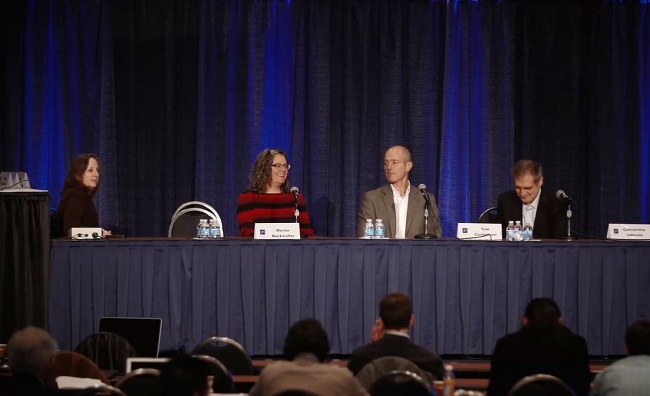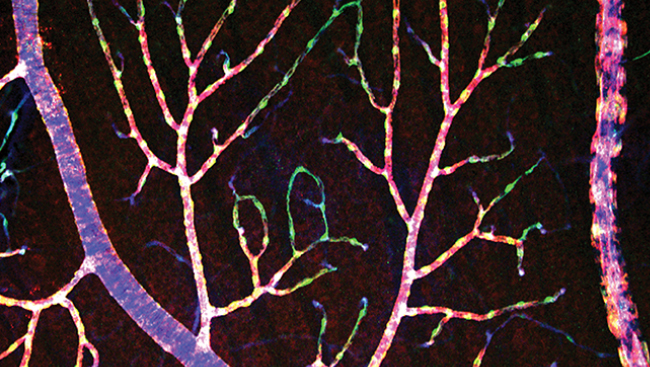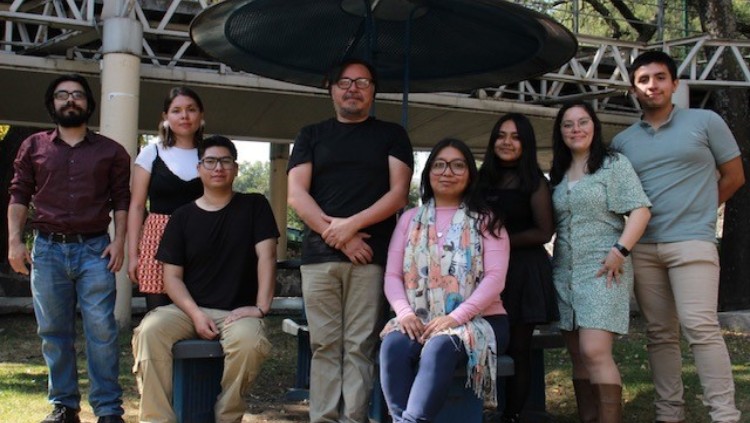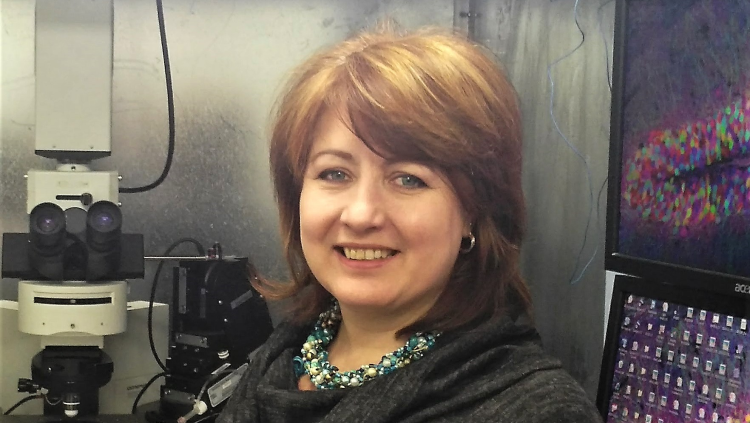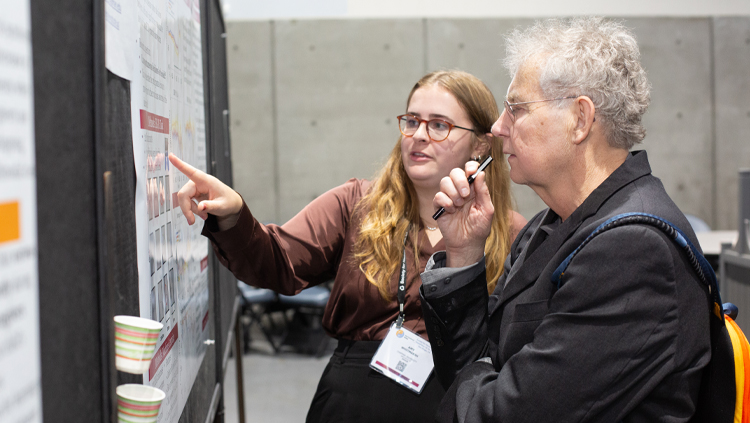One Neuroscientist’s Path to Studying Brain Development
- Featured in:
- Neurobiology of Disease Workshops

Gabriella D’Arcangelo is an associate professor in the department of cell biology and neuroscience at Rutgers University. She explains why she pursued a career in researching and finding therapies for human brain malformations. As told to, and edited by, SfN staff.
I am trying to understand how the brain develops from early on and how all of the different structures of the brain form. There are many molecules and mechanisms that control that in a very refined way. I try to understand what these molecules are, what they do, what exactly they control, and ultimately what is required for the brain to become what it is: this amazing organ that allows us to do all of the wonderful things we do.
I am also quite keen to understand human disorders, especially brain disorders that affect children. I really would like to see my science translated into a therapy down the road so that these children can lead a better life.
I actually have a brother who was affected by a very severe brain dysfunction when he was a child. I know what it is like to be in a family where you have a little child, and the child is not developing normally. I know the burden that puts on families and how hard it is for everybody in the family and, of course, the child. Having had that experience, the desire to do something about it was always there.
I combined my desire to help with my love of nature and science. Since the very first time I did my experiments in the laboratory, I knew that it was what I wanted to do in my life. Inevitably, the two things came together: my desire to understand the way the brain develops and my desire to do something about children affected by brain disorders. My interest focused on proteins and genes that are really important for understanding brain development and may give us some insight in the origin of these developmental brain disorders.
I happened to be in the right laboratory at the right time. I fell into this exciting project that was to discover reelin. Once I discovered it, though, I knew I had something really fundamentally important that the field needed to have in order to understand how the brain develops.
So I put all of my heart and mind into understanding reelin. It is such an interesting gene because it controls so many different aspects of brain development and is so fundamental in organizing the structures of the brain. But its function doesn’t stop there. We now understand that there is a pretty profound effect that reelin has on the postnatal brain. It is usually a beneficial effect that potentiates synaptic transmission and plasticity. We think it is a pathway that could help under many circumstances. A person could be affected by a psychiatric disorder — schizophrenia, autism, early onset Alzheimer’s disease — and reelin, because of the way it impacts synaptic transmission and plasticity, could be something beneficial in restoring brain function.
I love my work. I love science. I couldn’t do any other job. It’s definitely something that brings me a lot of personal satisfaction. I enjoy having a laboratory with graduate and undergraduate students. I enjoy seeing them become interested in projects and studies that have to do with brain development. I enjoy seeing them grow and learn.
I would really love to see a translation of all that we have learned about reelin functions and mechanisms. I would like to see that knowledge translated into a treatment. I think there is a lot of potential because a lot of these disorders have mechanisms in common. I think reelin can impact those very basic mechanisms and potentiates the way that the brain functions so it will help the patients recover some of their abilities.
The people who are going to do the science tomorrow need to see that basic science can contribute to better clinical treatments. They need to see that the clinicians are talking to the basic scientists and they are trying to understand the mechanism of disease.
A lot of young people need to understand and realize there is a lot we don’t know. Developmental brain disorders are very severe conditions that affect many patients and their families and for which we have very little help to offer. There is a very pressing need to come up with better therapies and more effective treatments down the road, so it is very important that tomorrow’s scientists really embrace that there is a need to understand the science. I think once people understand the problem and see that we are making progress, there is a lot that can be done. My hope is they would be inspired to try to complete the work that we have initiated.
Gabriella D’Arcangelo presented at the Neuroscience 2015 Neurobiology of Disease Workshop, Human Brain Malformations: From Genetics to Therapeutics.
Speaker



